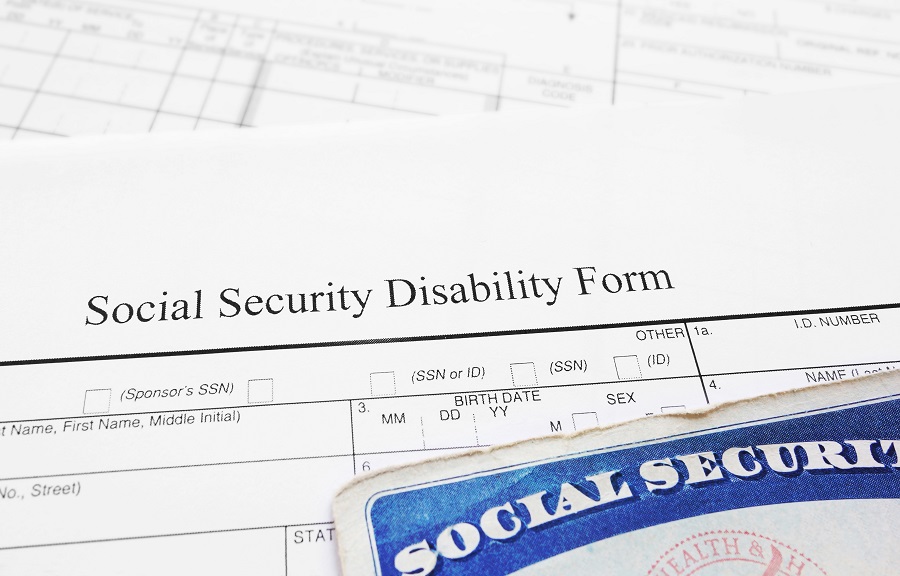Those who are no longer able to work due to a physical or mental disability may be entitled to Social Security Disability Insurance (SSDI). Those who are approved receive monthly payments based on their previous earnings record. In 2020, the average amount was $1,258 a month. While the program helps a lot of people every year, it does have its limitations, especially for those who want to continue working in some capacity or use the Ticket to Work program. Read on to learn more about the limits of SSDI benefits and working while on disability leave.
SSDI Income Limits
Unlike the low-income disability program, Supplemental Security Income, the SSDI program does not put any limits on the amount you can make from unearned income (investments and stocks), assets, or income your spouse makes. There are limitations, however, on the amount of money you can earn by working while you are receiving disability benefits. In the eyes of the government, if you can make substantial, regular income, you may be found to be no longer considered disabled.
Trial Work Period
While receiving SSDI, your condition may improve enough for you to consider rejoining the workforce. To encourage disability benefit recipients to look for gainful employment, the SSA offers a Trial Work Period (TWP). During this period, a person with Social Security Disability Insurance can have unlimited earnings and still receive their full disability benefits without risking the loss of their benefits. The trial work period lasts for nine months out of a rolling 60-month period. The months do not need to be consecutive.
Any month where the recipient earns more than $910 in counted as a Trial Work month. Once the person has worked for nine months, the Social Security Administration will evaluate their work to see if they have earned more than the set limit. If they have, their benefits will continue for three months before ending. However, if their benefits were suspended because they went over the limit, the person can begin receiving them again at any point during the next 36 months if they do not earn the monthly SGA limit or they become unable to work because of the same disability.
Substantial Gainful Activity
More specifically, you may become ineligible for SSDI benefits if you take part in what the Social Security Administration calls substantial gainful activity (SGA). You are considered to be engaging in SGA if you earn above a set amount of income every month. The national average wage index is used to determine the SGA income limit every year. This year, the limit is $1,260 a month for disabled applicants and $2,110 for blind applicants. The regulations are different for business owners because their monthly income may not represent the effort they put into their company.

Unearned Income
Unearned income includes interest payments, investments, a spouse’s income, and any other assets. There are no limits to this sort of income. So, no matter what your income from these sources may be, it will not affect your Social Security Disability benefits.
Ticket to Work
If you currently receive disability benefits and want to begin working again, you may want to consider the Ticket to Work program. This is a free, voluntary program that is designed to help those currently receiving disability benefits to begin a career and become financially independent. To learn more about this program and how it can help you, contact us at DisABLED Workers today.
